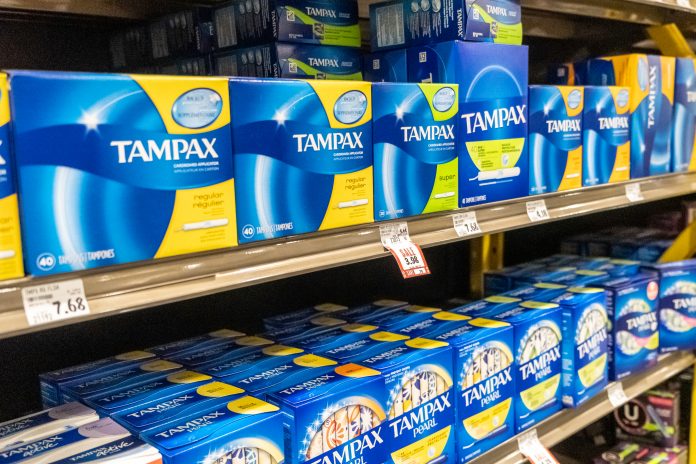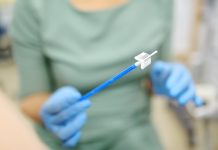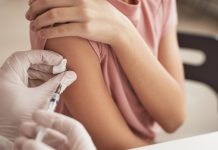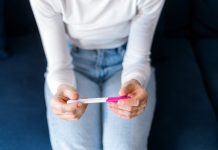For the world to move forward, period poverty must end now. Here, Dr Shirin Lakhani, intimate health specialist, reveals why and how things need to change
Period poverty is, unfortunately, an issue that reaches across the globe and transcends race and religion. It refers to people being unable to access period products, whether for financial reasons or otherwise.
Those fighting against it argue strongly that period products should not be an unattainable luxury and they maintain that menstrual health is a human right, not a privilege that only some can afford.
1 in 10 girls can’t afford to buy menstrual products
In the UK alone, 1 in 10 girls can’t afford to buy menstrual products while many more regularly struggle to afford them and are forced to wear them for longer than is hygienic as a result.
There is still a significant stigma surrounding the topic of menstruation.
“Period shame is unfortunately deep-seated in our society,” says cosmetic doctor and intimate health specialist Dr Shirin Lakhani. “In this country, we display feelings of shame by hiding tampons up sleeves when going to the bathroom and in other countries, people are banned from the kitchen, temple or even home when they’re menstruating.”
What is period poverty?
According to Dr Shirin Lakhani, “period poverty is the lack of access to sanitary products, menstrual hygiene education, toilets, handwashing facilities and or waste management.” She explains that it is often caused by financial constraints. In fact, research suggests that many girls are also missing school entirely because of period poverty. Plan International UK found that 49% of girls have missed an entire day because of their period. Over a year, 137,700 children in the UK miss school because of period poverty.
Why the stigma?
Despite the fact that we live in a digital age in which we have constant access to information at the press of a button, there is still a huge stigma surrounding the issue of period poverty.
“The stigma of menstruation is perpetuated by cultural taboos, lack of education and period poverty,” explains Dr Shirin Lakhani. “These stigmas start at an early age and often subconsciously when we see our mother’s hiding their box of sanitary products in the bathroom, at school when girls are taught about periods but boys aren’t, and as we go through life sneaking out with a tampon up our sleeve when we need to go to the loo to change it.”
“In order to move forward, we need to start thinking about encouraging the next generation to view periods as a natural process rather than something that we shouldn’t talk about. This will help to break the taboo. As will teaching boys the same as girls at school, and of not being afraid to talk about it openly and factually when questioned by children.”
What needs to change?
The fact that 1 in 10 girls in the UK still experiences period poverty is unimaginable, not to mention unacceptable. But in order to move forward, things need to change dramatically.
“I think that to have girls missing school because of period poverty is unthinkable, and so we should definitely be providing sanitary products at schools so that girls can continue to learn and not miss out on education simply because they are menstruating,” explains Dr Shirin Lakhani. “I’ve never heard of a child missing out on a day of school because of a lack of toilet paper so I think that it’s a very different issue.”
Indeed, when put simply like that it highlights the huge gender bias that still exists not only in the UK but throughout the world. A gender bias which punishes females for menstruating and then limits their chances to achieve both socially and academically.
Just as Dr Lakhani says, it would be unheard of for a male to miss a day of school or work due to a lack of toilet paper, and so it is our duty to ensure that changes are made fast and this most unfair and unjust form of poverty ends now.<











